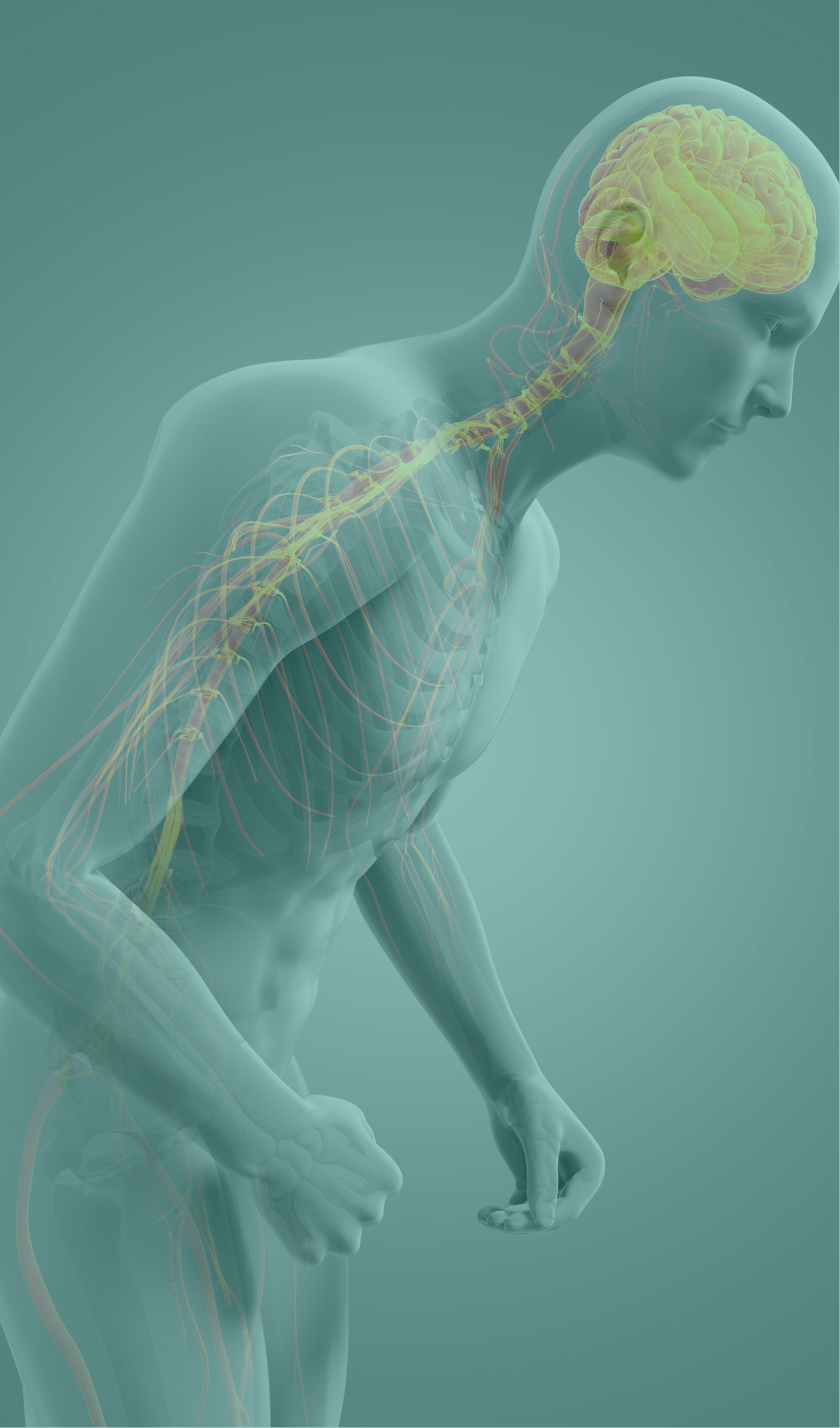Parkinson’s & Other Movement-Related Disorders Clinic (PMDC)
Welcome to the Parkinson’s & Other Movement-Related Disorders Clinic at Neuro Foundation Hospital.
At the Parkinson’s & Other Movement-Related Disorders Clinic, we specialize in diagnosing, treating, and managing a wide range of movement disorders. Our clinic is dedicated to providing comprehensive care through a combination of advanced treatments and personalized support.
Why choose Our Parkinson’s & Other Movement-Related Disorders Clinic?
1. Expertise in Movement Disorders:
Our clinic offers specialized care for various movement disorders, including:
Parkinson’s Disease:
- A neurodegenerative disorder characterized by tremors, rigidity, and bradykinesia (slowness of movement).
Essential Tremor:
- A common movement disorder causing rhythmic shaking, primarily in the hands.
Dystonia:
- A condition causing involuntary muscle contractions and abnormal postures.
Chorea:
- A movement disorder featuring irregular, jerky movements, often associated with Huntington’s disease.
Ataxia:
- A disorder affecting coordination and balance, resulting in unsteady movements.
2. Comprehensive Diagnostic Services:
Our clinic utilizes advanced diagnostic tools to accurately assess movement disorders:
Neurological Examination:
- Detailed assessments to evaluate motor function, reflexes, and coordination.
Advanced Imaging:
- MRI and PET scans to visualize brain structures and detect abnormalities.
Neurophysiological Testing:
- Electromyography (EMG) and other tests to assess nerve and muscle function.
3. Personalized Treatment Plans:
We create individualized treatment plans to address each patient’s specific needs:
Medications:
- Prescribing and managing medications to control symptoms and improve quality of life.
Deep Brain Stimulation (DBS):
- A surgical procedure that involves implanting a device to help regulate abnormal brain activity.
Botulinum Toxin Injections:
- Used to treat muscle spasms and dystonia by reducing muscle activity.
Rehabilitation Therapy:
- Physical, occupational, and speech therapy to enhance motor function and daily living skills.
4. Multidisciplinary Team Approach:
Our clinic is supported by a team of specialists dedicated to providing holistic care:
Movement Disorder Neurologists:
- Experts in diagnosing and treating complex movement disorders.
Neurosurgeons:
- Skilled in performing surgical interventions such as DBS for movement disorders.
Rehabilitation Therapists:
- Providing therapy to improve motor skills, coordination, and overall function.
Neuropsychologists:
- Offering support for cognitive and emotional challenges associated with movement disorders.
5. Patient-Centered Care:
OWe focus on delivering care that meets the needs of each patient:
Education and Support:
- Providing information about movement disorders and available treatments.
Ongoing Monitoring:
- Regular follow-up appointments to track progress and adjust treatments as necessary.
Support Services:
- Offering resources and support for patients and their families to manage the impact of movement disorders.
Common Conditions Treated:
- Parkinson’s disease
- Essential tremor
- Dystonia
- Chorea
- Ataxia
- Huntington’s disease
Basic FAQs

